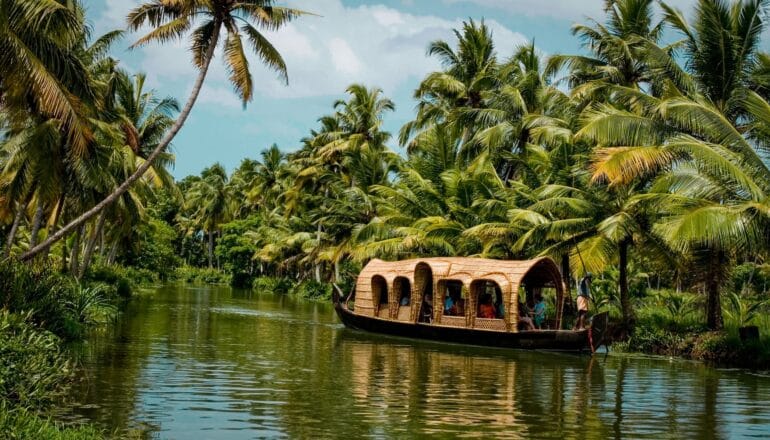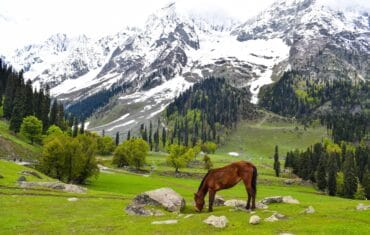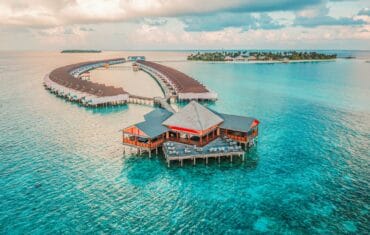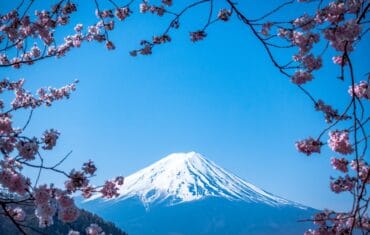In a world where the impact of travel on the environment is increasingly scrutinized, the call for sustainable and eco-friendly travel has never been more crucial. Fortunately, conscientious travelers can explore the beauty of our planet without compromising its health. In this blog, we’ll embark on a journey to discover sustainable destinations and practices that prioritize environmental conservation, community well-being, and the preservation of natural wonders.
- Costa Rica: A Pioneer in Ecotourism Nestled in Central America, Costa Rica has long been a leader in sustainable tourism. With its lush rainforests, diverse wildlife, and commitment to conservation, Costa Rica offers eco-friendly accommodations, wildlife sanctuaries, and low-impact adventure activities. Explore the Monteverde Cloud Forest Reserve or partake in sea turtle conservation efforts along the coasts.
- Bhutan: Prioritizing Gross National Happiness Bhutan, the kingdom in the Eastern Himalayas, measures its success not by GDP but by Gross National Happiness. This unique approach to governance extends to tourism, with a focus on low-impact, high-value travel. Explore ancient monasteries, pristine landscapes, and the happiness-centric culture while adhering to Bhutan’s sustainable tourism policies.
- Norway: Embracing Sustainable Transportation Norway is not only known for its stunning fjords but also for its commitment to sustainable transportation. Travelers can explore the country’s breathtaking landscapes using electric buses, trains, and even electric ferries. Norway’s dedication to reducing carbon footprints makes it a model for eco-friendly travel.
- Palau: Protecting Coral Reefs and Marine Life Located in the western Pacific Ocean, Palau is renowned for its vibrant coral reefs and diverse marine life. The country has taken significant steps to protect its underwater treasures by establishing marine sanctuaries and promoting responsible diving practices. Palau’s commitment to conservation makes it an ideal destination for eco-conscious travelers.
- New Zealand: Preserving Natural Beauty New Zealand’s commitment to environmental stewardship is reflected in its breathtaking landscapes, from the Southern Alps to pristine beaches. The country actively promotes sustainable tourism through initiatives like the Tiaki Promise, encouraging travelers to respect nature, culture, and people while exploring this island paradise.
- Iceland: Geothermal Energy and Responsible Tourism Positioned on the Mid-Atlantic Ridge, Iceland harnesses the power of geothermal energy, providing a sustainable alternative to traditional energy sources. The country’s commitment to responsible tourism includes practices like Leave No Trace and supporting local businesses, ensuring that visitors can enjoy the stunning landscapes without leaving a negative impact.
- Kenya: Conservation and Community Empowerment Kenya’s commitment to conservation extends beyond wildlife to encompass local communities. Travelers can participate in community-based tourism initiatives, visit conservancies that support local economies, and witness the breathtaking wildlife of the Maasai Mara while contributing to its preservation.
- Aoraki / Mount Cook National Park, New Zealand: Dark Sky Sanctuary Aoraki / Mount Cook National Park in New Zealand is designated as a Dark Sky Sanctuary, emphasizing the importance of preserving natural darkness. Visitors can stargaze while minimizing light pollution, contributing to the protection of the park’s pristine night skies.
Eco-friendly travel is not just a trend; it’s a responsibility we bear as global citizens. By choosing sustainable destinations and embracing environmentally conscious practices, we can explore the wonders of our planet while ensuring they remain intact for future generations. Whether it’s supporting local communities, reducing our carbon footprint, or respecting the delicate balance of ecosystems, each decision we make as travelers contributes to the larger tapestry of sustainable tourism. So, let’s embark on a journey that not only enriches our lives but also preserves the beauty of the world we are privileged to explore.









